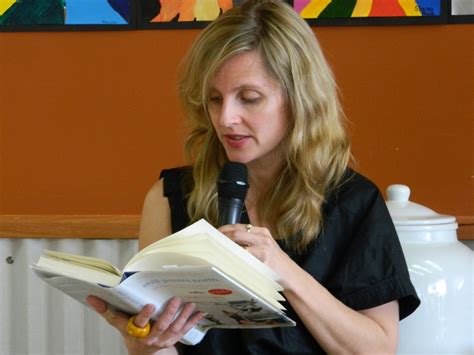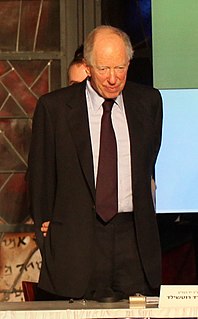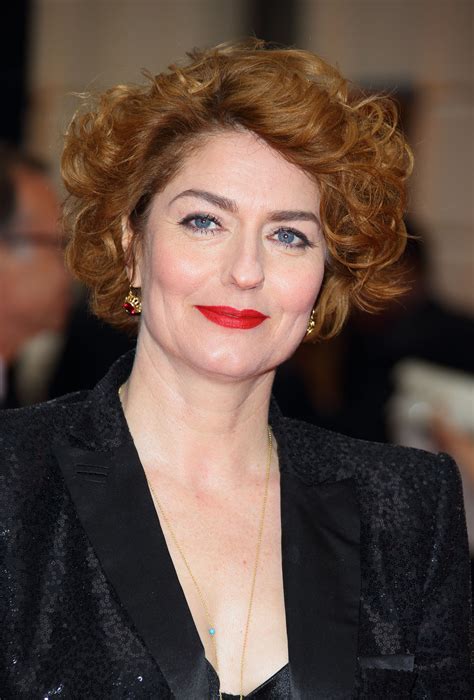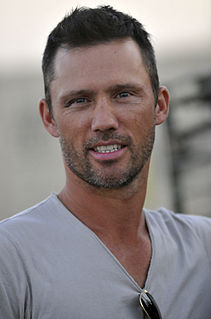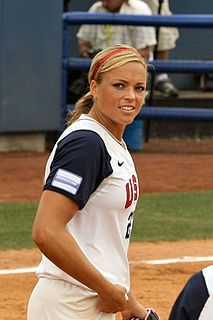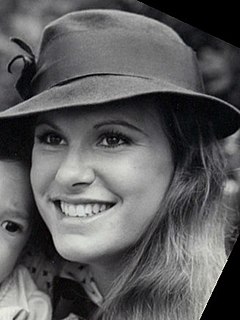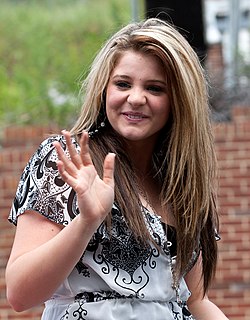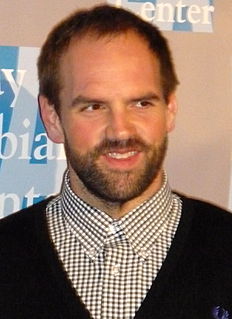A Quote by Leigh Newman
After my parents divorced, my father remarried and my brothers were born when I was twelve and sixteen. I was thunderstruck at these kids. The "baby-ness" of them. Their toes. I had never been around babies before.
Related Quotes
Nobody is excused from the excellence trend. Babies are not excused. Starting right after they get out of the womb, modern babies are exposed to instructional flashcards designed to make them the best babies they can possibly be, so they can get into today's competitive preschools. Your eighties baby sees so many flashcards that he never gets an unobstructed view of his parents' faces. As an adult, he'll carry around a little wallet card that says "7x9=63," because it will remind him of mother.
From the moment of birth, when the Stone-Age baby confronts the twentieth-century mother, the baby is subjected to these forces of violence called love, as its father and mother and their parents and their parents before them, have been. These forces are mainly concerned with destroying most of its potential.
But the three siblings were not born yesterday. Violet was born more than fifteen years before this particular Wednesday, and Klaus was born approximately two years after that, and even Sunny, who had just passed out of babyhood, was not born yesterday. Neither were you, unless of course I am wrong, in which case welcome to the world, little baby, and congratulations on learning to read so early in life.
I didn't like what was on TV in terms of sitcoms?it had nothing to do with the color of them?I just didn't like any of them. I saw little kids, let's say 6 or 7 years old, white kids, black kids. And the way they were addressing the father or the mother, the writers had turned things around, so the little children were smarter than the parent or the caregiver. They were just not funny to me. I felt that it was manipulative and the audience was looking at something that had no responsibility to the family.
It's the culture, not the blood. If you can go anywhere in the world and adopt these babies and put them into households that were already assimilated in America, those babies will grow up as American as any other baby with as much patriotism and love of country as any other baby. It's not about race. It's never been about race. In fact the struggles across this planet, we describe them as race, they're not race. They're culture based. It's a clash of culture, not the race. Sometimes that race is used as an identifier.
